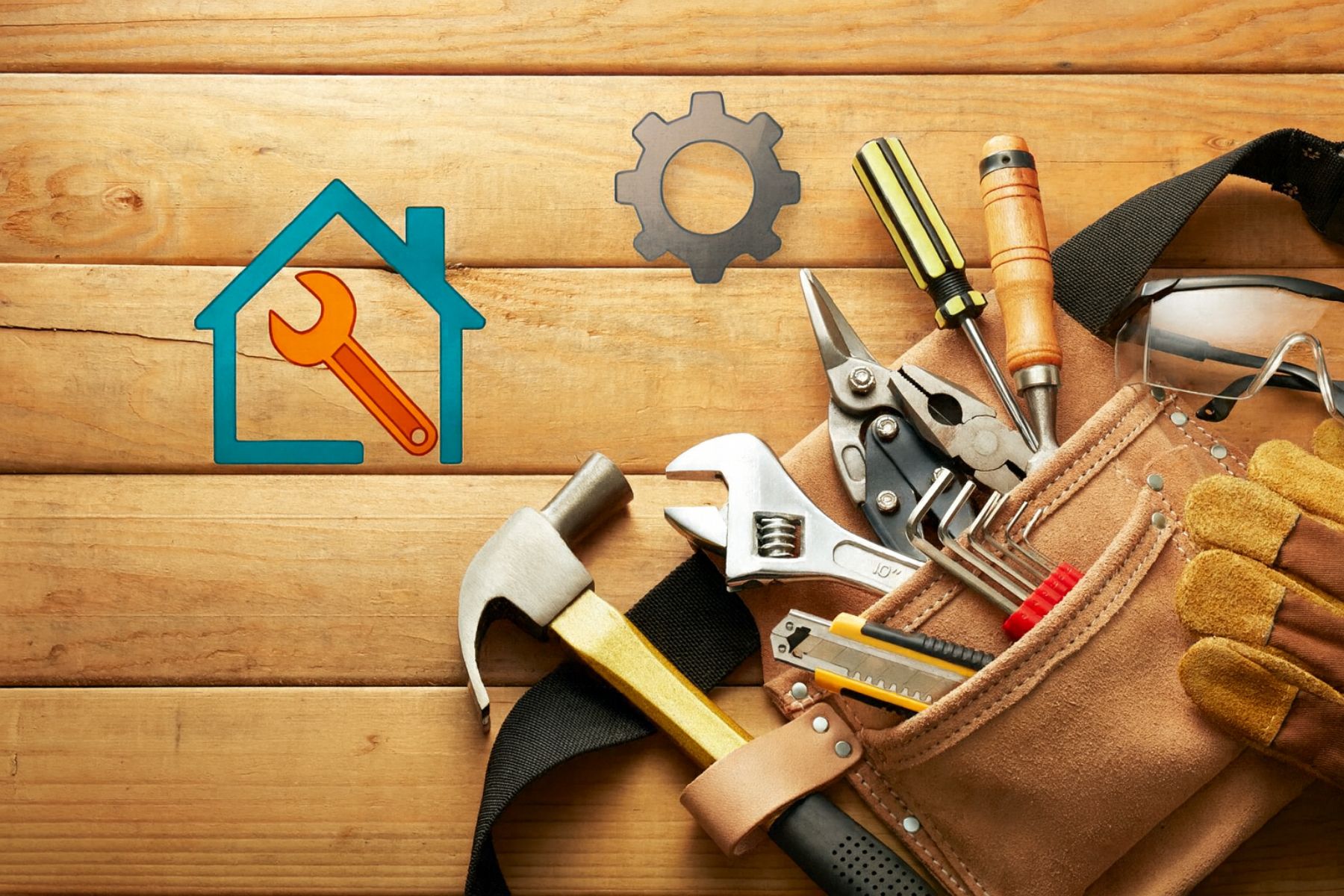Whether you’re working on a DIY project around your home or just want to be prepared for unexpected repairs, it’s important to have a well-stocked toolkit. Investing in these tools can make all the difference and help you tackle tasks with confidence.
7
Screwdriver Set
A screwdriver set is an indispensable part of any home toolkit. Make sure to pick a set that includes plenty of Phillips-head and flathead screwdrivers in various sizes. This way, whether you’re tightening a loose hinge or assembling a piece of furniture, you’ll always have the right screwdriver on hand.
It’s also a good idea to choose a set with magnetic tips, as these are significantly easier to hold and guide, especially in tight spaces. If you’re looking to save space, consider a multi-bit magnetic screwdriver, which essentially combines multiple screwdriver heads into one compact tool. If not, an assorted set with a few different screwdrivers is a solid option.
6
Adjustable Wrench
Adjustable wrenches, also called crescent wrenches, feature an adjustable jaw that allows them to grip fasteners of different sizes. It’s a good idea to have a couple of adjustable wrenches across sizes in your toolkit, as they can come in handy during home repair and even assembly.
As you grow more comfortable using an adjustable wrench, you might want to add combination wrenches to your collection. These, unlike adjustable wrenches, are ring-shaped on one end and closed on the other. They offer more torque than adjustable wrenches, which is great for stubborn nuts and bolts. But to start off, look for a set of adjustable wrenches that are handy and well-made.
5
Stud Finder
If you’re looking to install heavy mirrors or artwork, or mount anything against a wall, you’ll want to purchase a stud finder. They’re not too expensive; for instance, a basic ¾-inch DEWALT stud finder costs about $17 on Amazon. There are a number of shopping sites other than Amazon or even eBay if you don’t find a model you like on these platforms.
Most decent stud finders are capable of detecting both metal and wood studs, and many models can also identify live electrical wires. To use it, just hold it against a wall and move it horizontally. When it detects a stud, the device will light up so you know exactly where to drill.
4
Hammer
There are so many different types of hammers, and each is designed for a specific use. But if you’re looking for something basic, a general-purpose claw hammer, which is designed with a flat head on one end and a curved fork on the other, is your best bet. These hammers can help you drive nails into walls, while the curved fork is great for prying nails out when required.
When shopping, look for one that has a non-slip grip and is comfortable to hold. These shouldn’t cost you a ton. If you already have a claw hammer, consider getting a cross-pein hammer, which works great for precise woodworking and driving smaller nails and tacks into surfaces. A sledgehammer—one that’s capable of breaking concrete and rocks—is another good investment.
3
Flashlight
Sure, your smartphone’s flashlight might work in a pinch, but it drains the battery, and dropping your phone could turn into a costly repair. Turning your phone’s flashlight on and off is easy, but it simply can’t illuminate as far as a proper flashlight.
And if you’re doing repairs, you’re more than likely going to need a dedicated LED flashlight. Even basic models are brighter and can illuminate longer distances than your phone’s camera light. Look for a rechargeable flashlight model if you want to save on batteries.
2
Pliers
Pliers are a multipurpose tool that can come in handy for everything from cutting wires to turning bolts and twisting metals. They come in various types, so it’s best to get an assorted set of pliers that includes, at the very least, slip-joint pliers, long-nose pliers, and groove-joint pliers. These will essentially serve as catch-all tools, and you can use them for dozens of projects around the home.
If you intend to use your pliers for electrical work, make sure they come with insulated handles.
1
Tape Measure
Tape measures are essential for most home improvement projects. Look for a tape measure that’s at least 25 feet long, as that’s a good size for most DIY tasks around the house. Don’t get a tape that’s too thin, since those can collapse mid-measure. Ideally, opt for a retractable design with a locking mechanism that can hold the tape in place while you’re measuring.
These are a few basic tools to get you started, but as you get more comfortable and take on more DIY projects, you should add specialty items to your toolkit. No matter what you buy, make sure to invest in good-quality, durable tools that will last.
















